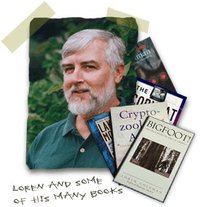
December 8, 2011
The Top Cryptozoology Books of 2011
by Loren Coleman

by Loren Coleman, director, International Cryptozoology Museum, and author/coauthor, Cryptozoology A to Z, The Field Guide to Bigfoot, and True Giants, as well as other books.
This year’s books about cryptids, new species, cryptozoology and cryptozoologists were hard to find, but the few good ones discovered were much appreciated by students and scholars of the field. Rarely were they general works. Instead the few that did appear detailed specific unknown creatures, reported regionally, scanned skeptically more about the people who chased the unknown animals than the cryptids, and finally, one apparently left out the word “cryptozoology” entirely from its text.
It just so happens that the last example is the volume being denoted here as…
(1) The Best Cryptozoology Book of 2011.
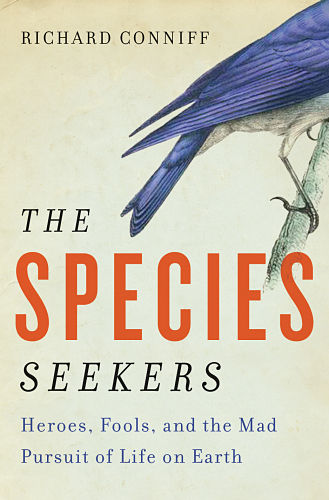
There is no more well-researched and well-written book appearing this year, combining what we know of the people searching for new species and the discovered animals, than
The Species Seekers: Heroes, Fools, and the Mad Pursuit of Life on Earth by Richard Conniff.
Why is Conniff’s book so good? Well, first off, the author really gets it. Amid the globe-spanning tales of adventure, you are treated to daredevil animal collectors, life-threatened naturalists, and more often than not, bloody reckless amateurs hunting for new species from the mid-1700s until the early-1900s. What do they all have in common? Passion! Conniff understands clearly the heart-throbbing drive behind the pursuit to find new species. I don’t care that the word cryptozoology isn’t easily visible in this book or even there at all. The topic is cryptozoological, romantic zoology at its very core and best.
Let me share some dips into the text to highlight what I encountered.
Conniff notes that (page 14) “the great French anatomist Georges Cuvier asserted that there was no longer much ‘hope of discovering new species of large quadrupeds’ alive in the modern world. He figured that fossils would yield more discoveries….In truth, whenever anybody had the hubris to declare that we were, in effect, running out of new species, nature always seemed to respond with a spectacular parade of strange new creatures – the okapi, the pygmy hippo, the manatee, the snow monkey, and the panda, to name only a few from the period of Cuvier.”
The book takes you on an entertaining and educational trek, through the discovery of an entirely new zoology, with, as the title encapsulates, the species seekers.
But Conniff does more that write an Indiana Jones-fashioned tome. He gives insights to a way that we, as cryptozoologists, should begin to examine the world. Too often, when a new species is discussed in something I have written, and it has issued from a new genetic study separating two seemingly similar-looking new species from one old one, critics talk about how this isn’t really “cryptozoology.” It is as if all the new discoveries must be made at the end of a capture rope or with a gun. Genetics is a new tool, and Conniff speaks to why humans, indeed, are some times too close to the animals they are investigating to “see” what is going on.
Conniff observes (pages 375-376): “Genetic study is revealing the conventional practice of separating species based on morphology – or as one lepidopterist recently put it, ‘how they look to a six-foot-tall diurnal mammal’ [credited to Dan Janzen] – can be seriously misleading. For instance, it now appears that the giraffe, long thought to be one species, actually has a half-dozen ‘cryptic species’ hidden beneath its dappled flesh, invisible to us but not to one another. And instead of one African elephant species, we now have a savanna species (Loxodonta africana) and a forest species (L. cyclotis), almost as different from each other as they are from the Indian elephant. Some of these ‘discoveries’ may at first seem trivial. Who cares if genetic evidence reveals that one Anopheles mosquito species is actually 20 separate species, all of them completely identical to human eyes? But such fine distinctions now enable public health teams to target the species that actually carry malaria, and ignore the ones that don’t. More efficient mosquito control mean that children live who, just a year or two ago, would probably die.
“This new brand of discovery is also exciting because it get us beyond things we can see with our own dim eyes and brings us closer to what the animals themselves clearly know….As we open up this new view into the animal world, it is becoming evident that we live on what is still a little-known planet.
“So biologists will continue to travel to the farthest corners of the Earth in pursuit of mysterious and elusive life-forms….”
Finally, Conniff’s book has an intriguing “Necrology” (pp. 379-383) of those who died while in the search for new species. He has continued this as an informational collection online at, “The Wall of the Dead: A Memorial to Fallen Naturalists.”
Call it what you may, The Species Seekers is one great exploration of cryptozoology!
Now let me tally the remaining winners for this year’s best cryptozoology books, to wit…in these categories:
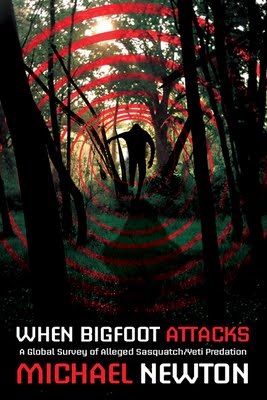
(2) When Bigfoot Attacks
by Michael Newton
![]()
(3) Tracking Bigfoot
by Donald Wallace and Lori Simmons
Which is not to be confused with 2009’s similarly titled book targeted at youth:
![]()
Tracking Bigfoot by Terry Collins (with illustrations by Tod G. Smith and Al Milgrom).
BTW, I am aware of there being only one good Bigfoot book for juvenile audiences for 2011 that is worthy of recommending:
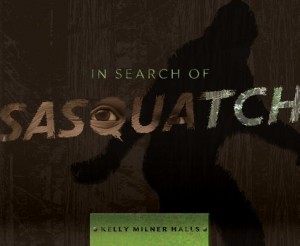
(4) In Search of Sasquatch
by Kelly Milner Hall
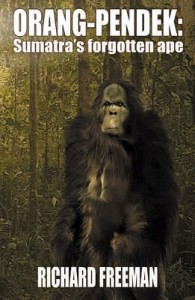
(not received for review) Orang-Pendek
by Richard Freeman

(5) Weird Waters: The Lake and Sea Monsters of Scandinavia and the Baltic States
by Lars Thomas and Jacob Rask

(6) The Water Horses of Loch Ness
by Roland Hugh Watson

(7) Loch Ness, Nessie & Me
by Tony Harmsworth
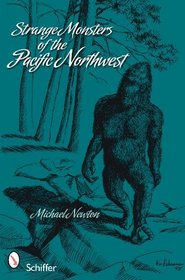
(8) Strange Monsters of the Pacific Northwest
by Michael Newton
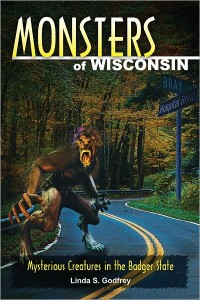
(9) Monsters of Wisconsin: Mysterious Creatures in the Badger State
by Linda S. Godfrey
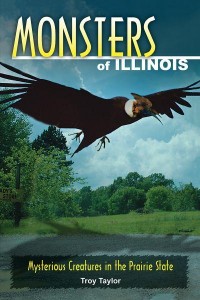
(10) Monsters of Illinois: Mysterious Creatures in the Prairie State
by Troy Taylor
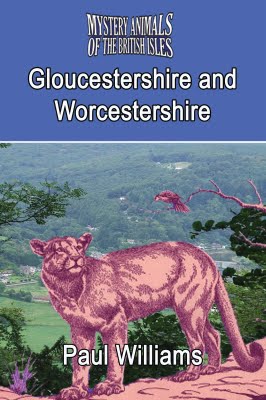
(11) The Mystery Animals Of The British Isles: Gloucestershire and Worcestershire
by Paul Williams
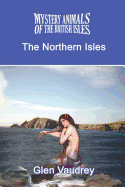
(12) The Mystery Animals of the British Isles: The Northern Isles
by Glen Vaudrey
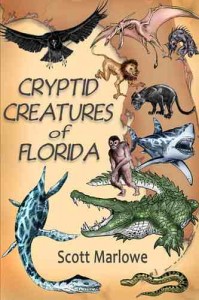
(13) The Cryptid Creatures of Florida
by Scott Marlowe and Charlie Carlson
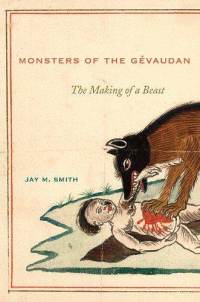
(14) Monsters of the Gévaudan: The Making of a Beast
by Jay M. Smith
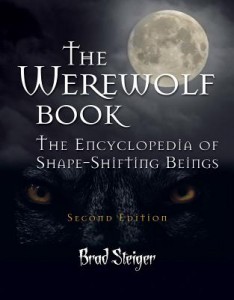
(15) The Werewolf Book (2nd Edition)
by Brad Steiger
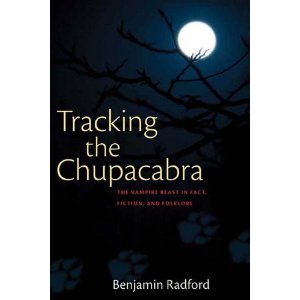
(16) Tracking the Chupacabra: The Vampire Beast in Fact, Fiction, and Folklore
by Benjamin Radford
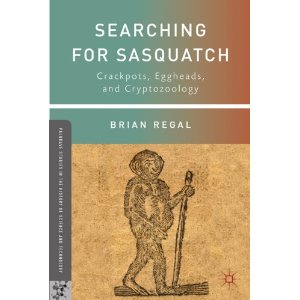
(17) Searching for Sasquatch: Crackpots, Eggheads, and Cryptozoology
by Brian Regal
![]()
(18) Tracking the Man-beasts: Sasquatch, Vampires, Zombies, and More
by Joe Nickell

(19) Owlman
by Jonathan Nolan
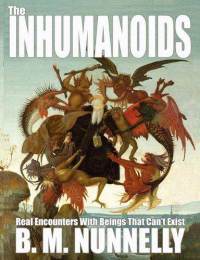
(20) The Inhumanoids
by Barton Nunnelly

(21) BioFortean Reprint: The Piasa, or The Devil Among the Indians
by Perry Austin Armstrong
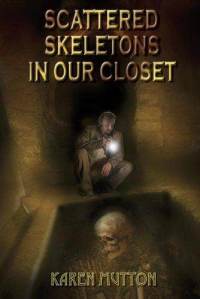
(22) Scattered Skeletons in our Closet
by Karen Mutton
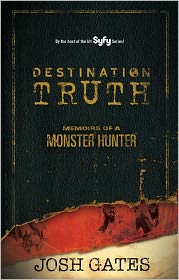
(23) Destination Truth: Memoirs of a Monster Hunter
by Josh Gates
Those are the titles for the best this year.

Some of the most anticipated cryptozoology books for 2012, thusfar, include the following:
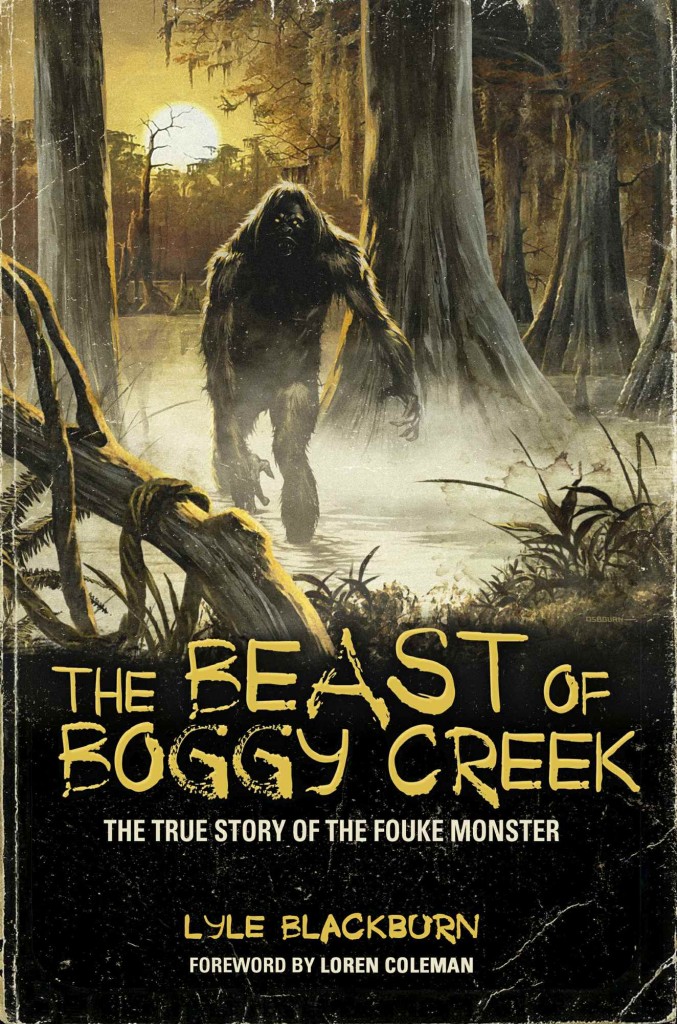
The Beast of Boggy Creek: The True Story of the Fouke Monster
by Lyle Blackburn
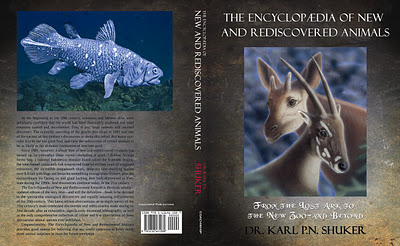
The Encyclopaedia of New and Rediscovered Animals: From the Lost Ark to the New Zoo – and Beyond by Karl Shuker
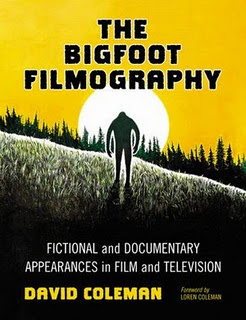
The Bigfoot Filmography: Fictional and Documentary Appearances in Film and Television by David Coleman
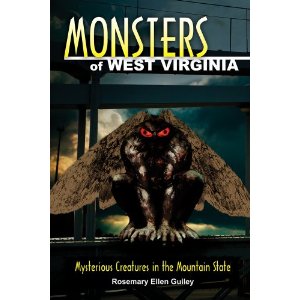
Monsters of West Virginia: Mysterious Creatures in the Mountain State by Rosemary Ellen Guiley
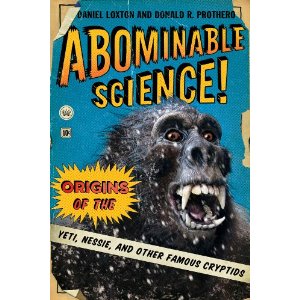
Abominable Science! Origins of the Yeti, Nessie, and other Famous Cryptids by Daniel Loxton and Donald R. Prothero.
++++
Continue thinking of the nonprofit International Cryptozoology Museum to support as the year comes to an end. Thank you.
Don’t see your book on the list? Was this an oversight? Please contact me by clicking here. If you would like your book reviewed at Cryptomundo and/or considered for the 2012 list, please send a print review copy to my attention at,
Loren Coleman, Director
International Cryptozoology Museum
11 Avon Street
Portland, ME 04101.
Thank you.
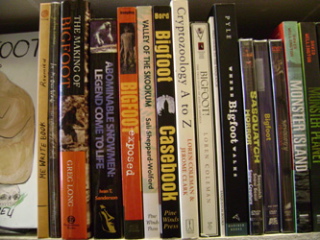
Note: Books had to have a publication date of 2011 to qualify for this “top list of 2011” recommendations (and, of course, have something to do with the topic of cryptozoology).
About Loren Coleman
Loren Coleman is one of the world’s leading cryptozoologists, some say “the” leading living cryptozoologist. Certainly, he is acknowledged as the current living American researcher and writer who has most popularized cryptozoology in the late 20th and early 21st centuries.
Starting his fieldwork and investigations in 1960, after traveling and trekking extensively in pursuit of cryptozoological mysteries, Coleman began writing to share his experiences in 1969. An honorary member of Ivan T. Sanderson’s Society for the Investigation of the Unexplained in the 1970s, Coleman has been bestowed with similar honorary memberships of the North Idaho College Cryptozoology Club in 1983, and in subsequent years, that of the British Columbia Scientific Cryptozoology Club, CryptoSafari International, and other international organizations. He was also a Life Member and Benefactor of the International Society of Cryptozoology (now-defunct).
Loren Coleman’s daily blog, as a member of the Cryptomundo Team, served as an ongoing avenue of communication for the ever-growing body of cryptozoo news from 2005 through 2013. He returned as an infrequent contributor beginning Halloween week of 2015.
Coleman is the founder in 2003, and current director of the International Cryptozoology Museum in Portland, Maine.
Filed under Books, Breaking News, Cryptomundo Exclusive, CryptoZoo News, Top Ten, Year In Review